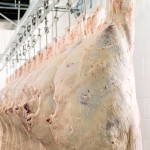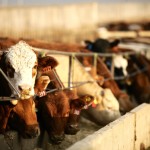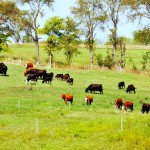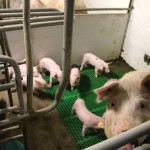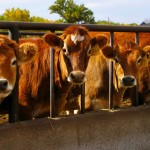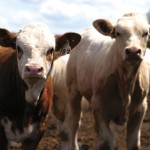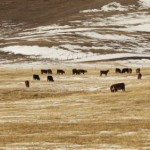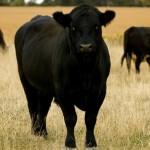The muscle tissues of healthy animals are essentially free of bacteria until carcasses are skinned. At that point, it is impossible to eliminate the transfer of bacteria from the hide and the environment to the meat. Many of those bacteria are harmless, but some can cause meat to spoil faster. Others, like verotoxigenic E. coli […] Read more



